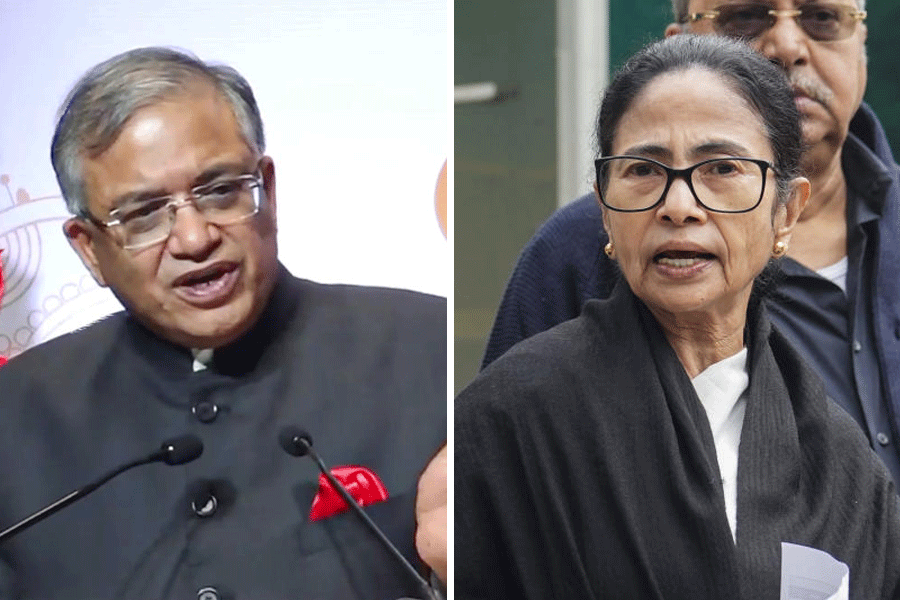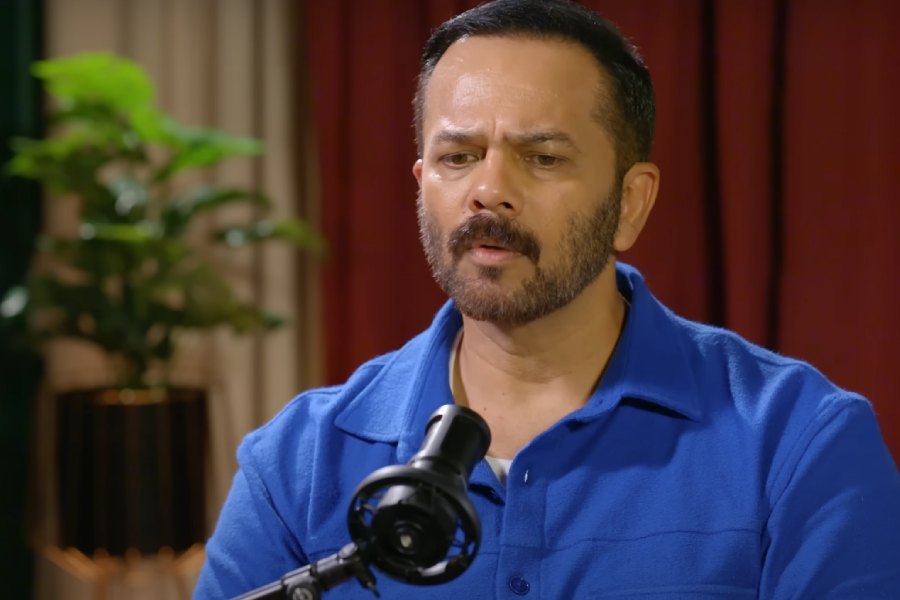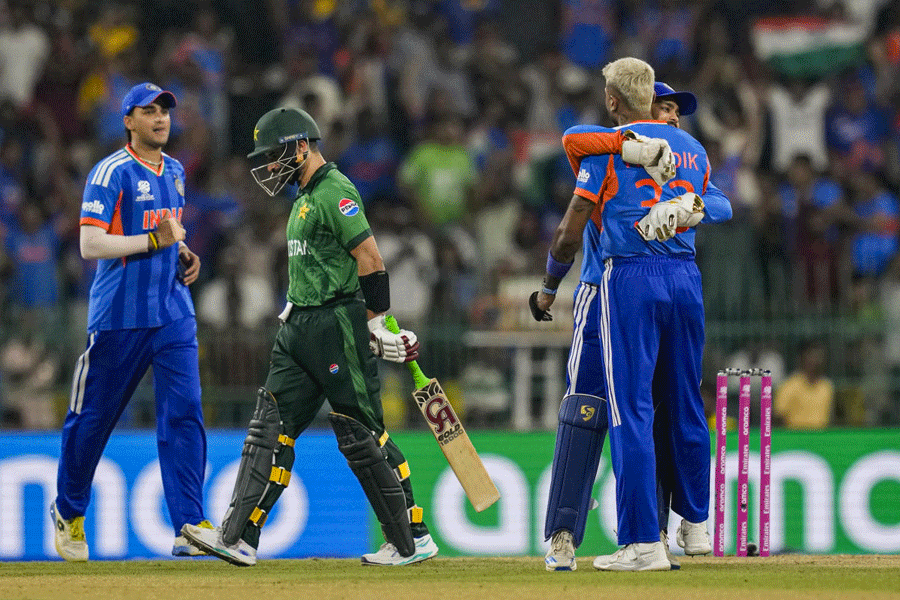|
|
At one of the scores of meetings being called in Washington every week in the run-up to the visit of the prime minister, Manmohan Singh, to the White House in less than a fortnight, one participant posed the question, “What is the best thing that could come out of PM Singh’s visit?”
A bright Indian at the meeting responded that the best thing for India, the United States of America and the whole South Asia region would be if the Americans could find a way to translate the realization among sections of the Obama administration about the true nature of Pakistan as the fountainhead of global terrorism into a credible policy of making Pakistan change its ways of pushing the entire region into an abyss. The participants at this meeting were waiting for their main interlocutor to arrive and start the deliberations, so a counter-question popped up: “What would be the worst thing that could happen during the prime minister’s visit?”
This time, it was an American’s turn to answer. He said that would be if the Obama administration — or even loose cannons within the administration — pushed, during Singh’s visit, for a revival of the idea of including India, all over again, in ‘AfPak’, the Afghanistan-Pakistan conundrum. If only by way of clutching at any straw in America’s desperate bid to evolve a policy on Afghanistan that would show results and prevent Barack Obama from getting sucked into Afghanistan the way two of his predecessors, John F. Kennedy and Lyndon B. Johnson, became trapped in Vietnam.
No one, absolutely no one, in the Obama administration will tell to the prime minister’s face, when he is in Washington, that India should be included in a triangular solution to the region’s problems and looked at collectively as Afghanistan-Pakistan-India.
Some of Obama’s close advisers on South Asia vividly remember a wintry December morning last year, only weeks after his historic victory in the 2008 presidential election, when an Indian with considerable influence over the United Progressive Alliance government’s policies on Afghanistan and Pakistan plainly told a Track-II meeting in Washington that if the incoming Democratic administration appointed a special envoy for India and Pakistan, he would be considered persona non grata and denied a visa to travel to New Delhi. In the end, it was that bold and unambiguous statement, albeit delivered unofficially, that persuaded the president in White House to trim Richard Holbrooke’s mandate and exclude India when he was appointed special envoy for what eventually came to be known only as AfPak.
Notwithstanding New Delhi’s known opposition to bracketing India along with Pakistan and Afghanistan, there are many policy-makers in the Obama administration who believe that the US cannot win the war in Afghanistan unless they also push for a solution to Kashmir and that the problem of a failing state in Pakistan cannot be adequately addressed unless New Delhi and Islamabad are nudged towards a reconciliation.
Last week, even as preparations for receiving Singh at the White House were briskly under way, the chairman of the US joint chiefs of staff, Admiral Michael Mullen, held forth at the National Press Club in Washington on Indian threats to Pakistan. “They,” he said, meaning his counterpart men in uniform in Rawalpindi, “are still very concerned about India. That is not going to go away overnight, and we are not going to wish that away.”
A few weeks earlier, the top US General in Afghanistan, Stanley McChrystal, said in his assessment of the war in Afghanistan, a report that was leaked in Washington for maximum effect, that “increasing Indian influence in Afghanistan is likely to exacerbate regional tensions and encourage Pakistani counter-measures in Afghanistan or India”. The General added in an accusatory tone in the same report that “the current Afghan government is perceived by Islamabad to be pro-Indian”.
Reflected in General McChrystal’s assessment is the dominant view within the US military establishment that the US cannot win the war in Afghanistan unless the interests of Pakistan across the Durand Line are taken into account, and that a big Indian presence in Afghanistan runs counter to the objective of peace in the region.
But the risk for the prime minister on Afghanistan during his forthcoming visit to Washington may not be how the US military establishment views India’s role in Kabul. It may not even be any aspect of US policy on AfPak. Anything the prime minister and his top aides may say to their American interlocutors on the subject will, however, have to be first weighed against an epic internecine war that is going on within the Washington establishment over Afghanistan.
Consider this. On paper, Richard Holbrooke is Obama’s point man for Afghanistan. He goes to Islamabad with the US secretary of state on Hillary Clinton’s just-concluded visit to Pakistan. Coincidentally, the election process in Afghanistan has drawn to a conclusion, and Hamid Karzai has been re-elected to another term as president. But Holbrooke is unable to go to Kabul, at least on the pretence of assessing the post-election scenario, because Karzai will not even see him.
Flashback to the last week of October. Obama holds a crucial video conference, which is a key input into his future policies on Afghanistan, and Holbrooke is excluded from its deliberations. Undeterred, the special envoy calls an on-the-record media briefing at the state department to create the impression that he is, indeed, in charge of AfPak.
Despite the Pentagon’s known disdain for Holbrooke, he manages to appoint his protégé, Robin Raphel, to the lucrative, Islamabad-based job of deciding how the massive new assistance to Pakistan of $7.5 billion in the next five years should be spent and who should get the money. Raphel, known to most Indians as the assistant secretary of state who questioned Kashmir’s instrument of accession to India, is an ‘FoB’ or Friend of Bill and equally close to the former president’s wife, Hillary Clinton. Even if Obama wanted to get rid of Holbrooke, the president will not be able to do so because the special envoy has made himself indispensable in Islamabad, but he is hated in Kabul, and there is no love lost between him and his Indian interlocutors.
Then there is a vastly understated player, Karl Eikenberry, the US ambassador in Kabul. It will be an irony if the task of rebuilding Obama’s broken bridges with Karzai has to be successfully executed by Eikenberry through his celebrated past connections with Afghan warlords like Mohammed Fahim, who will be vice president in the new Karzai government. The Obama administration had made much of Karzai’s ties with warlords as part of Washington’s failed campaign to soften up, and possibly remove, Karzai from office under the pretext of calling for a clean election.
In 2001 and 2002, as then president, George W. Bush, was preparing to wage war in Iraq, there was little understanding in India that the Bush enterprise against Saddam Hussein would turn out to be disastrous on multiple counts. Similarly, there is lack of comprehension now in New Delhi that the Obama administration intends to eventually legitimize the Taliban: what Washington is looking for is a way to put the best front on that eventuality and justify such an about-turn. With 55 American troops dead in Afghanistan in a month, October has been the deadliest month for the US forces since the war started there in 2001. In addition, the last three months accounted for a quarter of all battlefield injuries in Afghanistan in the previous eight years.
If this trend continues, the war in Afghanistan may be a factor in the mid-term Congressional elections next year, with the Democrats already facing rough weather on other fronts such as healthcare and the economy. As 2012 approaches, Obama will have no desire to follow Lyndon Johnson and withdraw from the re-election campaign or be defeated because his country is stuck in a quagmire in Afghanistan. That may require making peace with the Taliban on its terms, and dealing with Afghanistan on that premise may be one of the challenges that the prime minister will face as he meets Obama in the White House.











